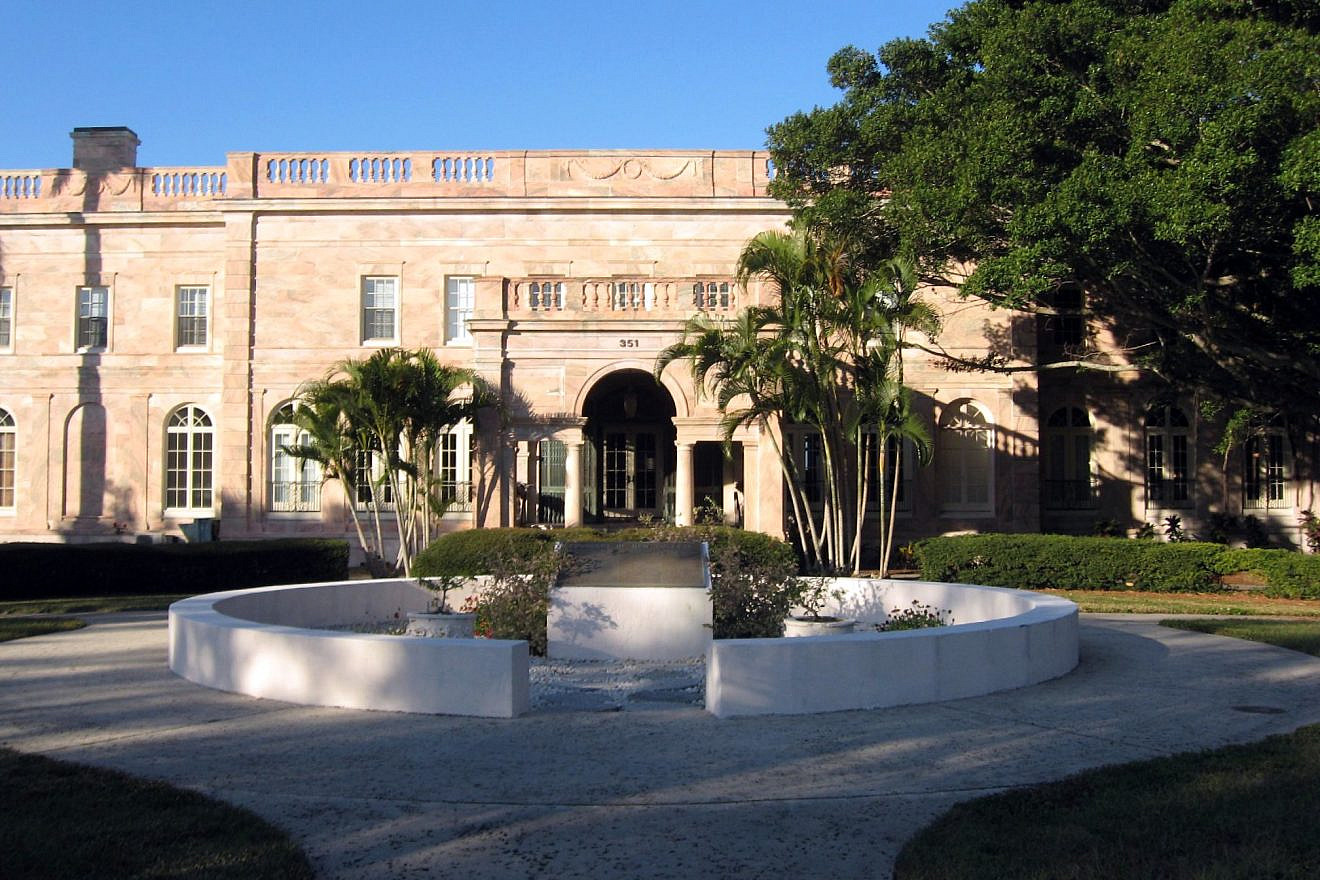Does a mob calling for the genocide of the Jews constitute harassment? Maybe, maybe not. It’s complicated. At least, that’s what the presidents of Harvard, MIT and the University of Pennsylvania told a stunned Congress. Not that they favor genocide, of course. They’re just sympathetic to both sides of this tragic misunderstanding.
Harvard president Claudine Gay explained it clearly: “Antisemitism is a symptom of ignorance, and the cure for ignorance is knowledge.” Yet the terrifying truth is that Gay has it exactly backwards. In America today, antisemitism is a symptom of an illiberal, indoctrinating educational system. The only cure is education reform.
The most dangerous source of contemporary Western antisemitism is an ideological worldview that dominates American education and its elite graduates. “Critical Theory,” which oozed from the same rotten utopian socialist roots as did Nazism and Communism, sees all of world history as division and conflict. It assigns each individual to a group based upon largely immutable characteristics, then labels each group as either “historically oppressed” or a “historic oppressor.”
All struggles of any oppressed group against any oppressor group are part of an “intersectional” struggle for liberation, equity and retributive justice. Anything that any oppressed group may do in its quest for liberation is a blow for justice. Anything an oppressor group may do to squelch or deter such actions is illegitimate and exploitative. Thus, the Hamas atrocities of Oct. 7 are seen as blows struck in the name of justice. Israel’s response is seen as an unjust exercise that perpetuates historic oppression.
It’s hard to overstate the centrality of this toxic ideology to today’s educational elite. It colors nearly every policy, course and political position emanating from 21st century American academia. It’s also an ideology to which leading Jewish academics, intellectuals and organizations have long subscribed. Many have fought valiantly to earn the coveted “historically oppressed” label for the Jews. Some still see that designation as the key to Jewish survival.
Their efforts, however, have failed decisively and conclusively. The leading arbiters of intersectionality have ruled that the Jews are oppressors. No appeal is possible.
The safety and comfort of Jews on any campus ruled by this Critical Theory worldview are in visible and terminal decline. Today’s growing harassment will slide into tomorrow’s violence. Attempts to draw meaningful lines between genocidal antisemitic speech and actions will fail because such lines run counter to the governing campus ideology.
The only way forward is to uproot this offensive, immoral and hateful worldview and restore the classic liberalism that allowed Jews to thrive in America. Just as Critical Theory grew on campus, so too must the reform movement to restore classic liberal values.
That countermovement is already underway. Certain religious and private colleges have long held the line. It’s only recently, however, that public universities have joined the fight. Florida Gov. Ron DeSantis has placed Florida at its forefront, but legislatures in Texas, North Carolina and elsewhere have also taken steps in the right direction.
Of all public institutions in the country, the necessary reforms are most advanced—and moving fastest—at the New College of Florida. By way of full disclosure, I was privileged to join the college as admission director this past summer. In the space of less than a year, New College has eliminated its diversity, equity and inclusion (DEI) office, a move since emulated statewide. It has begun the process of ending its gender studies program. These are just two bastions of Critical Theory. Many students and faculty deeply committed to that antisemitic ideology departed, providing both a calm and safe campus and a golden opportunity to rebuild in directions far less likely to involve such bigotry and hatred. The new leadership of New College is committed to building the type of institution that America’s universities were during the decades that full Jewish participation helped make them the envy of the world.
Not surprisingly, academics, media and politicians deeply mired in Critical Theory decry every move to restore basic decency and moral clarity. Our success at New College will provide a model for other, larger public institutions. Our failure will bury the reform movement and further drive out the classic liberal values necessary for Jewish survival.
Every Jew in or near campus life—students, faculty, administration, rising high schoolers, college counselors, alumni and donors—now faces an uncomfortable choice. They can hope against reason and experience that antisemitism will subside. They can take personal and professional risks, staying on hostile campuses and fighting hard to restore liberalism. Or they can build organized Jewish life at institutions already committed to higher education reform. I’ve chosen the third option.
Today’s Jewish college students, like so many prior generations, may have to forego the comfort of preexisting communities on campuses that have turned against them to pioneer new Jewish life on reforming campuses like ours, where the leadership is eager to embrace and enlist full, open and proud Jewish participation.


























